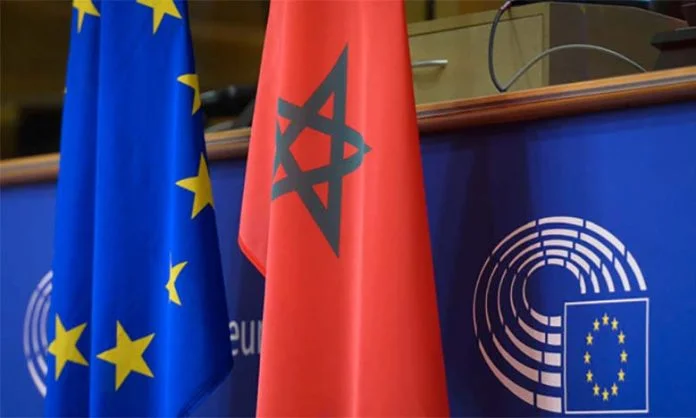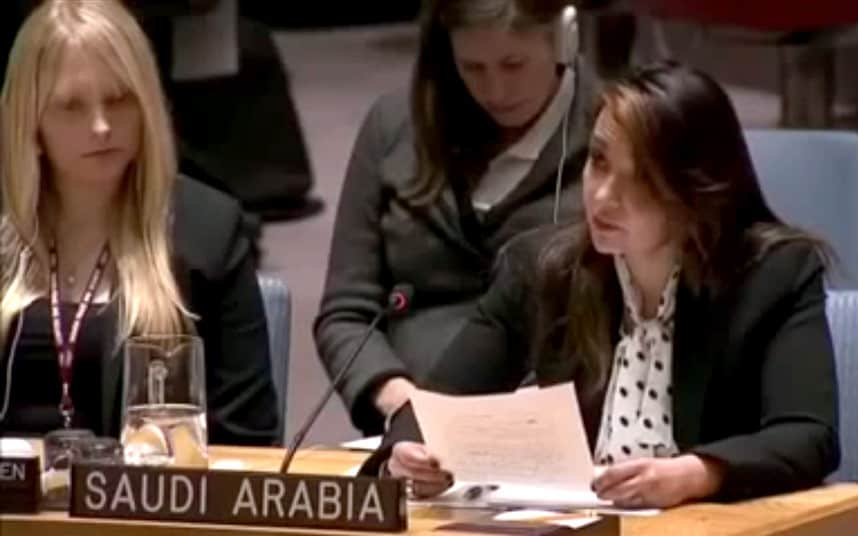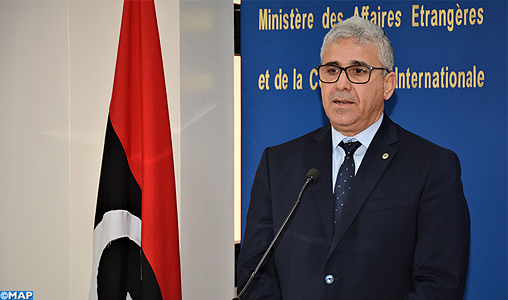Morocco, an indisputable oasis of social and economic stability in the region, must be regarded as an indispensable nation in the European Union’s Neighborhood Policy, particularly with regard to its southern flank, commented NE Global News Service, an independent media outlet.
In a story on Morocco-EU relations, the media outlet highlighted the successive visits by EU officials to Morocco, including those of the EU’s foreign policy chief Josep Borrell, and Commissioner for Enlargement and European Neighborhood Policy, Oliver Varhelyi, which came on the heels of an unusual number of high-level trips, including by European Commission President Ursula von der Leyen, to Rabat. These series of Morocco-EU meetings are meant “to solidify Morocco’s place as a strategic partner for the EU, as the nation of 37 million people continues to occupy a privileged place in the political agenda of European officials,” the outlet pointed out.
The international news organization neglobal.eu explains that “Morocco is uniquely one of the best interlocutors in the western Mediterranean; one which can advance Brussels’ self-proclaimed ‘Neighborhood Policy’ – the foreign affairs framework aimed at bringing the EU and its eastern and southern neighbors closer politically and economically.”
“The diplomatic pas de deux between top officials in Rabat and Brussels’ bureaucrats has set lofty goals for the two sides,” and “the visits have helped strengthen the relationship between the EU and the Kingdom of Morocco, while at the same time helping to usher in an unparalleled deepening of the two sides’ bilateral cooperation.”
The outlet which brought up the many instabilities that have emerged in the Maghreb – the Francophone areas of North Africa – since the revolutions of the Arab Spring shook the region more than a decade ago, pointed out that “Morocco has positioned and developed itself as an indisputable oasis of social and economic stability in a part of the world where such claims are few and far between; a fact that is not lost on many of Europe’s politicians.”
Surveying the core of Morocco-EU relations, the outlet explained that Rabat’s energy, migration, security, counter-terrorism, climate and education policies are all issues that form the basis of its relationships with Europe. Taking fossil fuels out of the equation, the EU’s trade with Morocco already amounts to roughly €44 billion.
In a focus on bilateral cooperation in the energy sector, the media outlet noted that the ‘green partnership’ that has been developed between Rabat and Brussels is the first of its kind to be signed with a country that is not a member of the EU. Morocco’s climate adaptation strategies and green energy transition, which includes its development of hydrogen, have caused a flurry of activity from investors coming from Europe, all of which are scrambling to take full advantage of the new economic opportunities in the country. This has placed Morocco in one of the most advantageous positions to fully benefit from the green energy revolution, as its production costs are some of the lowest in the world.
The outlet recalled how Frans Timmermans, the European Commission’s Green Deal czar, has described the Morocco-EU partnership “as the kick-off for a development that will link up the whole of Europe and the whole of Africa.”
In this connection, the media outlet pointed out that since its return to the African Union in 2017, Morocco is geographically, politically and economically an essential link between the northern and southern Mediterranean. Timmermans’ words reveal a simple foreign affairs maxim that Brussels must follow – Morocco must be regarded, particularly with regard to its southern flank, as an indispensable nation in the EU’s Neighborhood Policy.



